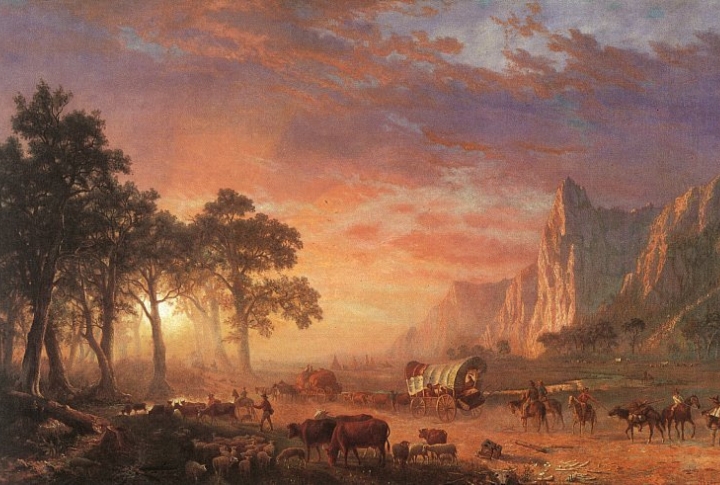
Packing up everything and stepping into the unknown took more than optimism. For the pioneers heading west, the Oregon Trail was a long and demanding journey marked by unpredictable conditions and constant decisions. Every step forward came with its own set of trade-offs. This article looks at what it was really like to travel that storied path.
The Journey Was Long But Purposeful
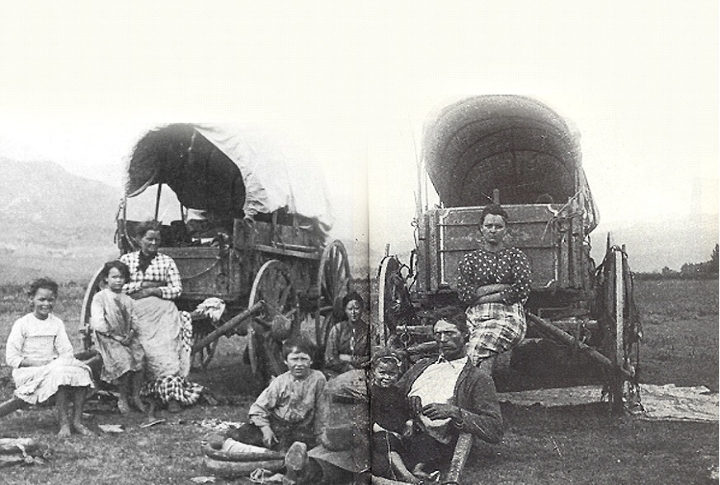
More than 2,000 miles separated Missouri from Oregon’s Willamette Valley, and between the 1840s and 1860s, nearly 400,000 people set out, each driven by different hopes. Some chased gold, others followed religious convictions, and many sought land. That path was first explored by early groups, such as the Wyeth–Lee Company and the Peoria Party.
Wagons Weren’t Meant For Riding
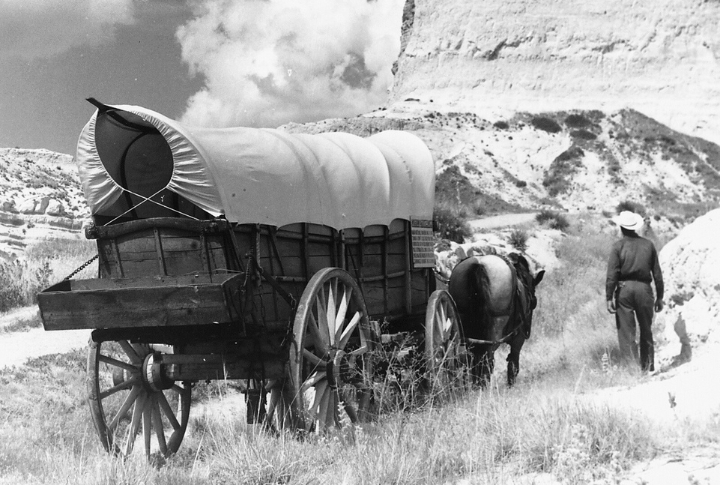
Nobody sat back and relaxed in a prairie schooner. After all, these were modified farm wagons—lightweight, canvas-covered, and built for cargo, not comfort. At roughly 1,300 pounds, they carried over 3,000 pounds of supplies. Due to the weight and tight space, most walked beside them as creaking wheels rolled like ships—hence the nickname.
A Grueling Daily Routine
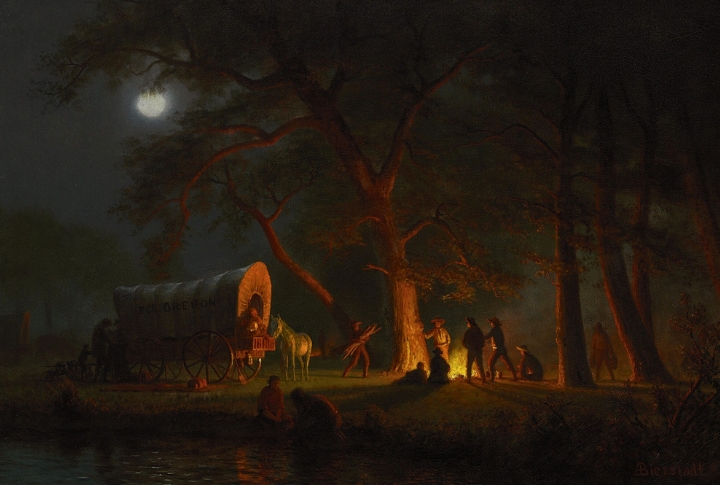
Covering 15 to 20 miles a day was no small feat, especially after breaking camp by 4 a.m. Since timing was critical, water and grass often determined where to stop. Once halted, wagons were circled for protection. As the fire was lit, meals came together—simple, filling food to ease tired bodies at the end of a long day.
Children Had Serious Responsibilities
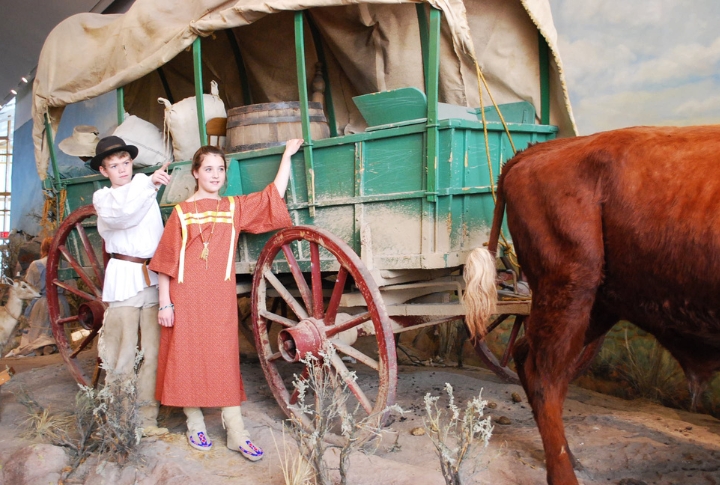
Because life didn’t slow down for kids, they had real jobs from the start. Some herded livestock, others hauled water, or helped with cooking. Since formal schooling wasn’t an option, learning came through stories or a parent’s patient guidance. And when tragedy struck, older children sometimes led entire groups with steady hands and quiet strength.
Food Was Basic And Often Scarce
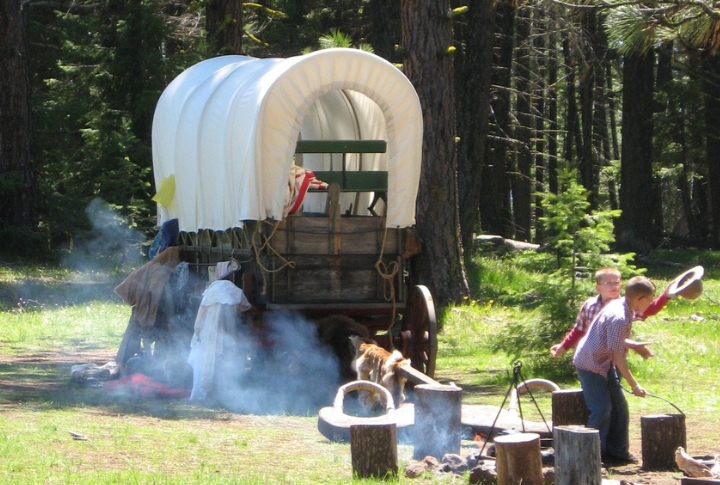
Flour, salt pork, beans, coffee, and vinegar filled the wagons, forming the core of most meals. But when those supplies ran low, families had to rely on hunting buffalo or rabbits, depending on the region. Finding clean water added to the challenge, and poor hygiene often led to diseases such as dysentery.
The Trail Was America’s Longest Graveyard
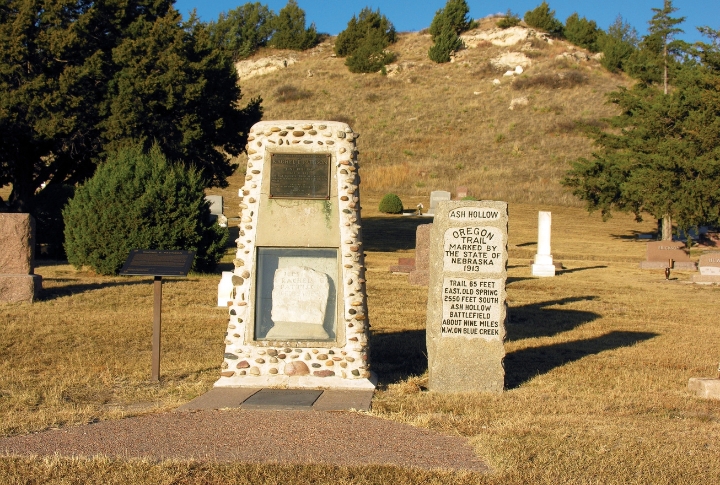
Imagine losing a friend to illness and burying them in a shallow grave, disguised to keep scavengers away. It was a heartbreaking reality for many. Records suggest around 20,000 lives were lost along the trail. Among the most feared causes was cholera, which spread quickly, and other dangers included accidental injuries or crushing incidents involving wagons.
Choosing Oxen Over Horses Was Strategic
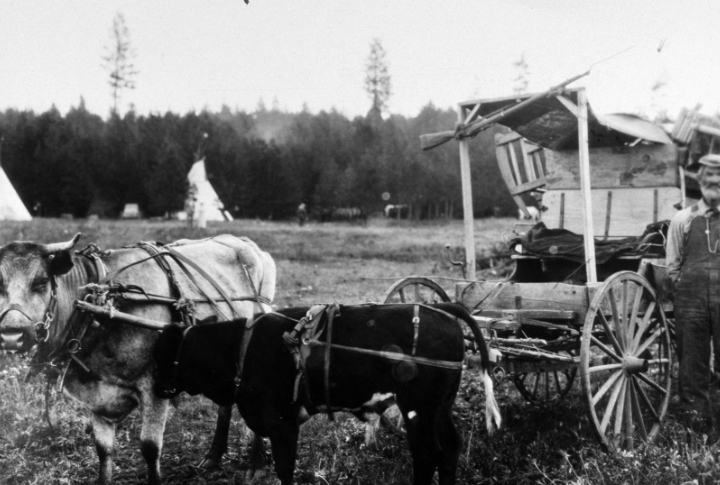
Mules were faster and covered ground more quickly, but they were more expensive and harder to manage on rough terrain. That’s why most travelers chose oxen instead. Strong and steady, oxen could haul heavy loads, needed less food and water, and were sturdier and less likely to be taken, even if their slower pace stretched each grueling day.
Safety Came From Numbers
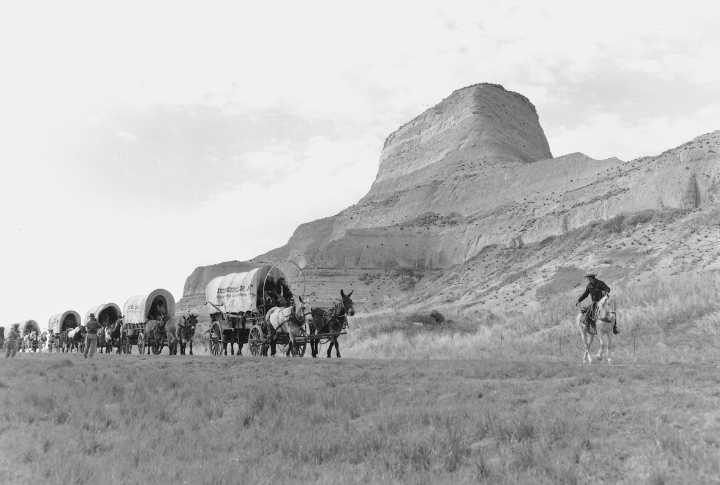
Traveling in wagon trains gave the Westward migrants their best shot at survival. To stay alert and organized, groups relied on rotating leaders and night guards. This setup also allowed them to share supplies and help each other during emergencies. As they moved through different regions, encounters with Native tribes varied. Some led to trade; others brought uneasy tension.
Clothing Was Minimal And Functional
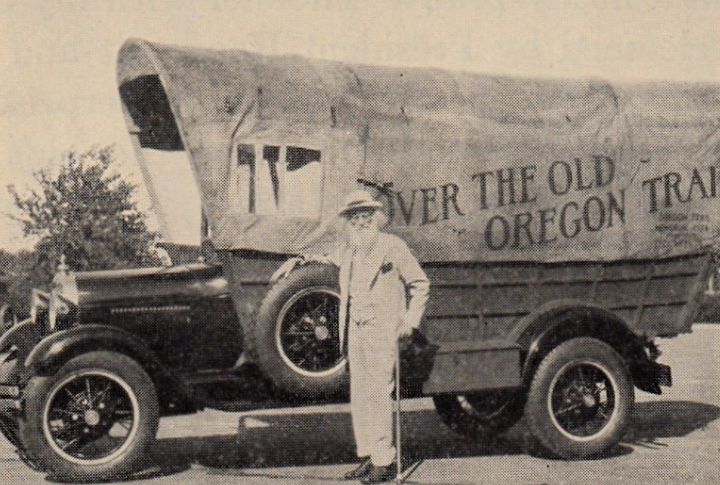
Pioneers packed light, maybe a few wool or linen outfits that were rarely washed along the way. Since clothes wore out quickly, especially shoes, many had to go barefoot or repair what they had. As a result, sewing became a daily task, done by firelight using whatever basic tools they managed to bring.
Finding Joy Was Its Own Kind Of Work
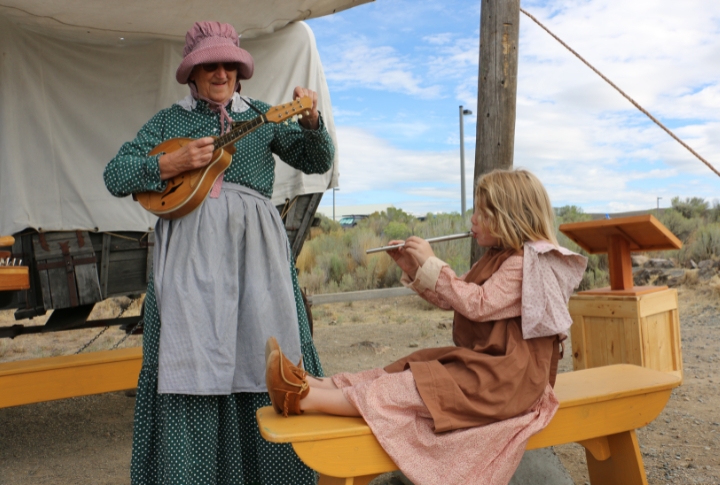
With no formal diversions, families made their own fun to break up the mental strain of trail life. To keep children busy, they crafted wooden toys, rag balls, and cornhusk dolls from scraps. As the day wound down, that creativity continued—music and dancing brought comfort, while games and storytelling helped preserve tradition and lift tired spirits.

